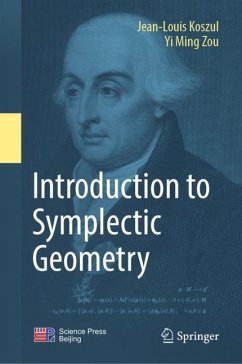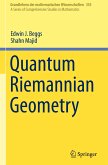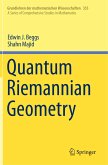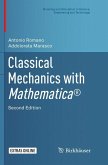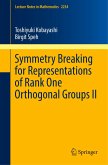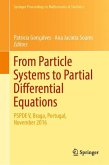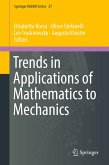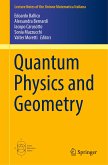This introductory book offers a unique and unified overview of symplectic geometry, highlighting the differential properties of symplectic manifolds. It consists of six chapters: Some Algebra Basics, Symplectic Manifolds, Cotangent Bundles, Symplectic G-spaces, Poisson Manifolds, and A Graded Case, concluding with a discussion of the differential properties of graded symplectic manifolds of dimensions (0,n). It is a useful reference resource for students and researchers interested in geometry, group theory, analysis and differential equations.This book is also inspiring in the emerging field of Geometric Science of Information, in particular the chapter on Symplectic G-spaces, where Jean-Louis Koszul develops Jean-Marie Souriau's tools related to the non-equivariant case of co-adjoint action on Souriau's moment map through Souriau's Cocycle, opening the door to Lie Group Machine Learning with Souriau-Fisher metric.
"This book is of great interest for the emerging field of Geometric Science of Information, in which the generalization of the Fisher metric is at the heart of the extension of classical tools from Machine Learning and Artificial Intelligence to deal with more abstract objects living in homogeneous manifolds, groups, and structured matrices.'" (Pablo Suárez-Serrato, zbMATH 1433.53002, 2020)

